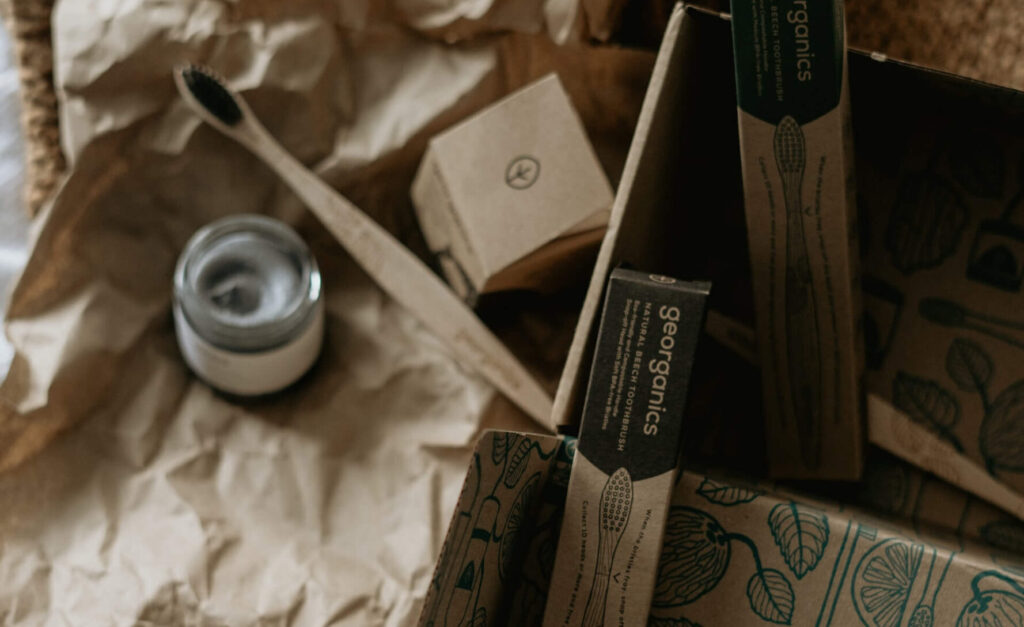Charcoal Toothpaste
Charcoal toothpaste is a fairly new trendy dental product. However, there has not been enough scientific evidence to support its use over traditional toothpaste.Summary
There is currently not enough evidence, or the existing evidence does not support the use of activated charcoal toothpaste over the traditional toothpaste.
Charcoal is now one of the most popular ingredients in facial masks and cosmetics, with some people also using it to whiten their teeth. It has become a trendy ingredient in the commercial market and is used by countless beauty brands across the world.
Activated charcoal is a finely ground powder made of materials such as wood and coconut shells, that is heated to become an activated version of the material that is capable of drawing out toxins.
Black charcoal-infused toothpaste is an efficient and popular choice for many reasons. It’s a highly absorbent powder that can be used medically to absorb and remove toxins.
Charcoal Toothpaste – Is It Safe?
This 2017 review warns dentists about the long-term safety of charcoal toothpaste, which emphasizes that it is an unproven and unrestrained concern that could potentially lead to other dental complications. More research is needed on the topic to better understand if there are any risks with how much information is available.
Charcoal Toothpaste Is Too Abrasive
Most Charcoal Toothpaste Has No Fluoride
Charcoal Toothpaste May Cause Staining
Charcoal Toothpaste May Affect Dental Appliances

Does Charcoal Toothpaste Whiten Teeth?
There isn’t enough evidence showing the benefits of activated charcoal for teeth whitening, so it isn’t one of the uses for this product.
Pros & Cons Of Charcoal Toothpaste
The pros are fairly limited, it may do a better job of whitening than standard toothpaste, but this still needs to be studied.
Here are a few known cons of charcoal toothpaste:
- It’s too abrasive to use daily
- It does not remove sub-surface stains
- It can cause increased sensitivity
- It frequently does not contain fluoride
- It can stain older teeth
- The long-term effects aren’t well known
What Can I Use To Whiten Teeth?
Safe and effective options are available for whitening teeth, some of which are FDA-approved and endorsed by the American Dental Association.
- Whitening toothpaste
- Whitening strips
- In-office whitening
- Dentist-supervised, at-home whitening
Can You Whiten Teeth At Home?
These options may not be as effective as commercial whitening products, but they are natural. Speak with a dentist in order to find out if these options will benefit you and your teeth:
- Hydrogen peroxide
- Baking soda
- Apple cider vinegar
Final Thoughts
Frequently Asked Questions
Does Smiles Dental Group Offer Teeth Whitening Services?
Yes, we use our Zoom whitening product to whiten your teeth at the dental clinic. We also offer a take-home whitening kit to regular patients.
Would Whitening toothpaste work better then charcoal toothpase?
ADA-approved toothpaste has been scientifically proven to provide benefits based on it’s ingredients. We recommend looking for products approved by the American Dental Association.
Are regular whitening toothpastes worse then charcoal toothpaste?
No, currently the evidence is stacked against charcoal toothpaste. There has not been enough positive correlation shown with the use of charcoal toothpastes.
